What are the roles of hormones in the human body?
Hormones are chemical substances in the human body, derived from lipids or amino acids. Hormones deliver signals from one system of the body to another, helping the body maintain critical functions of overall health and homeostasis. In women, levels of hormones such as estrogen, progesterone, testosterone and thyroid hormones, which are critical for muscle strength, bone strength, and general well-being, begin to decline in women in their late 30’s and beyond, declining more rapidly with increased age.
What is bioidentical hormone replacement therapy (BHRT)?
A decrease in hormones due to the body’s natural aging process and other external factors disrupts the body’s ability to function, leading to unwanted side effects like hot flashes, mood swings, trouble with sleep, weight gain, sexual disfunction, and other cumbersome symptoms. Doctors who treat patients with unbalanced levels of hormones may elect to prescribe bioidentical hormone replacement therapy (BHRT). Bioidentical hormones, which are made in laboratories, are derived from plants and have the exact same chemical make-up as the endogenous hormones made in the human body. Prescribers who are experienced using BHRT in hormone balancing treatments rely on compounding pharmacies to formulate patient-specific BHRT, made with an exact amount of each bioidentical hormone a patient needs for rebalancing. There are also some commercially available hormone drug therapies that are considered bioidentical.
Traditional hormone replacement therapy (HRT), which is different than BHRT, utilizes pharmaceutical hormones that are not bioidentical. Non- bioidentical hormones are synthetically made, derived from animals or in some cases plants. Due to a study released in 2002, many women have moved away completely from traditional HRT due to the discovery of serious side effects related to long-term use of traditional, non-bioidentical HRT.
Who is a good candidate for BHRT?
Women experiencing menopause are not the only patients who experience hormone imbalance. Both women and men living in today’s society maintain a long list of lifestyle habits that contribute substantially to hormone imbalance. Poor diet, obesity, chronic stress, poor sleep, lack of exercise, and exposure to toxins from processed foods are all contributing factors to hormone imbalance. Although balancing hormones using BHRT can be extremely useful to patients, correcting some or all of the underlying factors that contribute to hormone imbalance is vitally important to healing and long-term improvement in health.
BHRT must always be prescribed under the direct supervision of a skilled, trained medical practitioner. Rebalancing a patient’s hormones is a process that takes many months or longer and requires lifestyle modifications, lab work monitoring, and prescription treatment adjustments along the way.
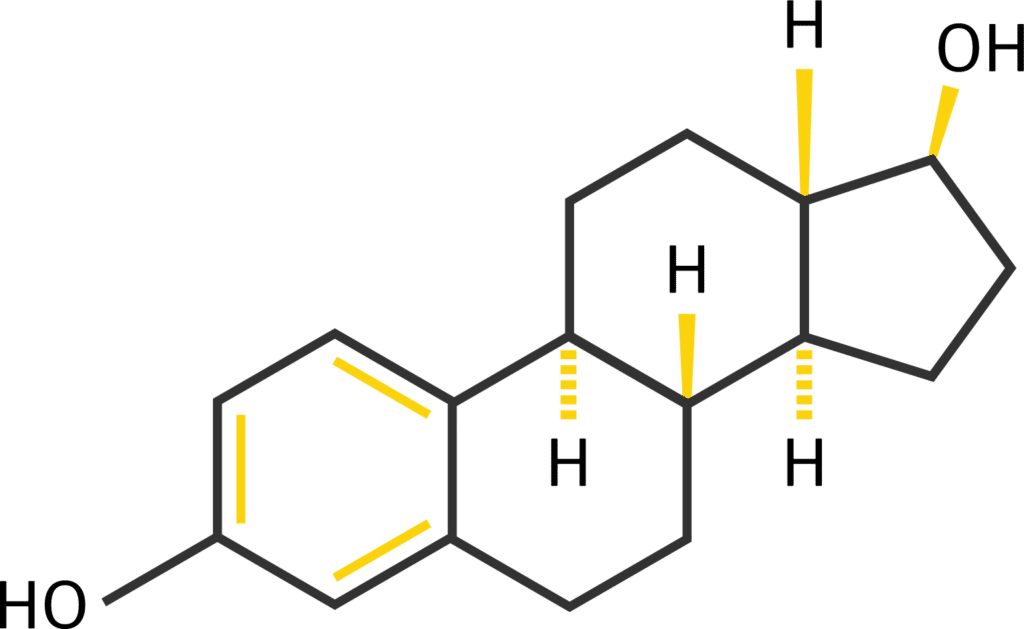
Hormones prescribed in BHRT.
Estrone (E1)
An estrogen hormone considered the body’s “reserve” source of estrogen. Converts to Estradiol (E2) primarily in the ovaries until menopause.
Estradiol (E2)
The strongest estrogen hormone in the body. Primary bodily functions of E2 include increasing endorphin release, increasing growth hormone, increases serotonin, and decreases LDL (bad cholesterol). High levels of E2 have been associated with an increased risk of breast cancer and uterine cancer.
Estriol (E3)
An estrogen hormone with lesser stimulatory effect on breast tissue and uterine lining compared to E1 or E2. Utilized to treat symptoms of menopause like vaginal dryness, hot flashes, and frequent urinary tract infections.
Progesterone
A female sex hormone that supports menstruation and pregnancy. It helps regulate mood and thyroid function along with many other important bodily functions.
Testosterone
A class of hormone called “androgens” found in men and women. Increases muscle tone, decreases bone deterioration, and helps maintain memory along with many other important bodily functions.
Dehydroepiandrosterone (DHEA)
A sex hormone made in the body’s adrenal glands. DHEA is a pre-cursor to both estrogens and testosterone.
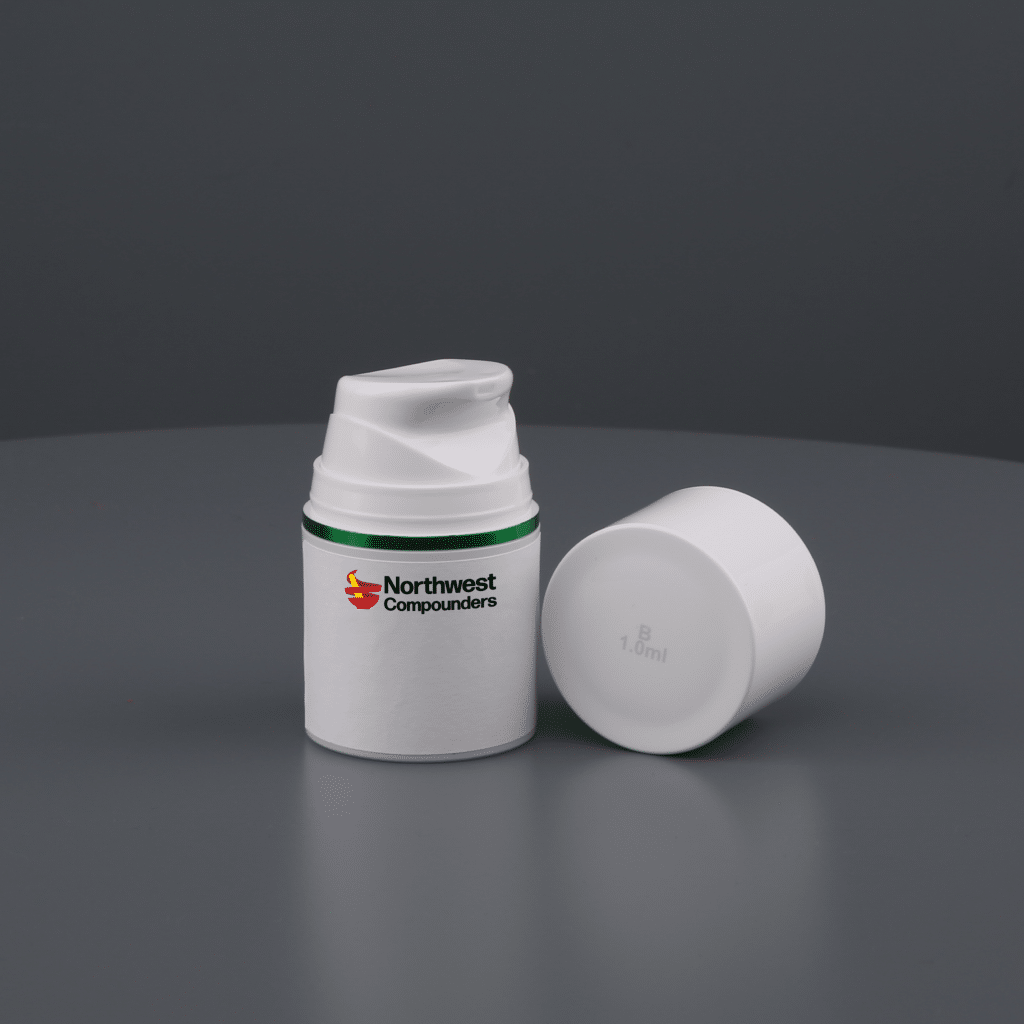
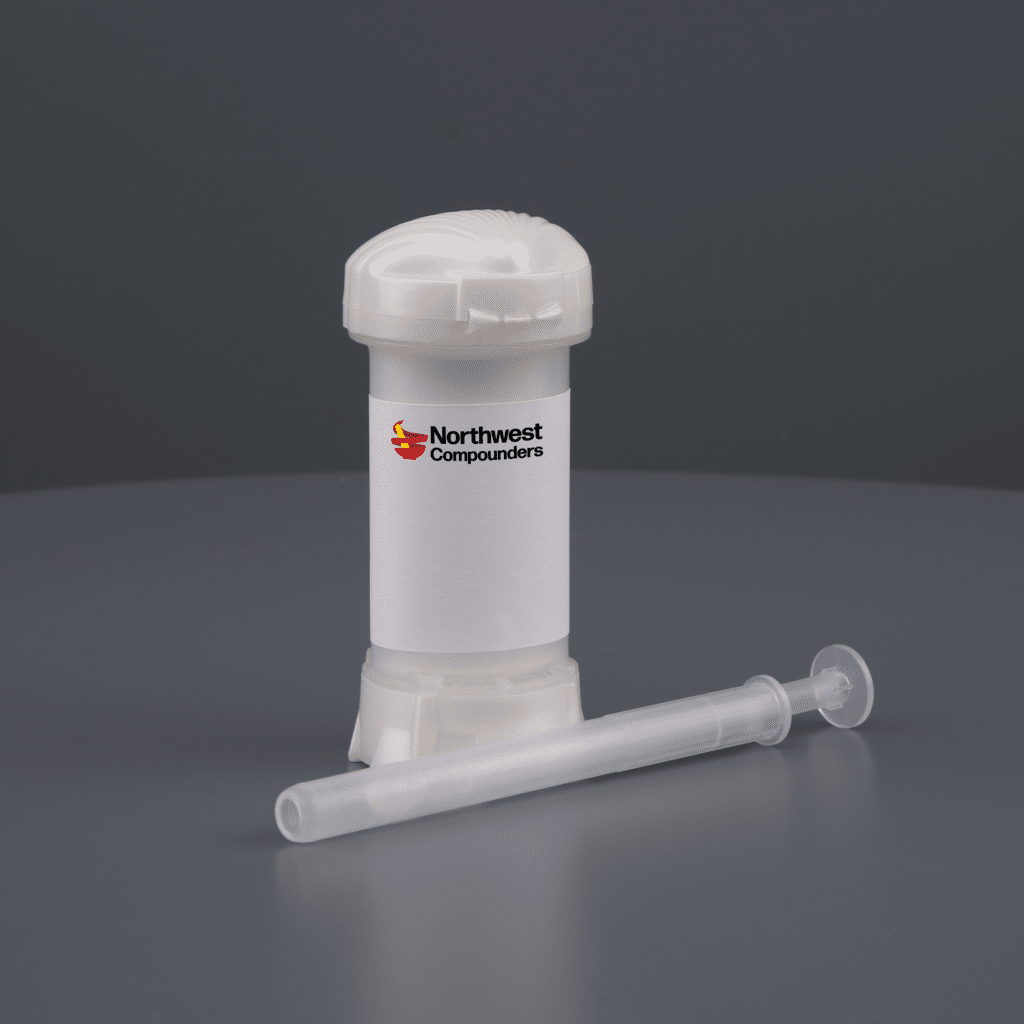
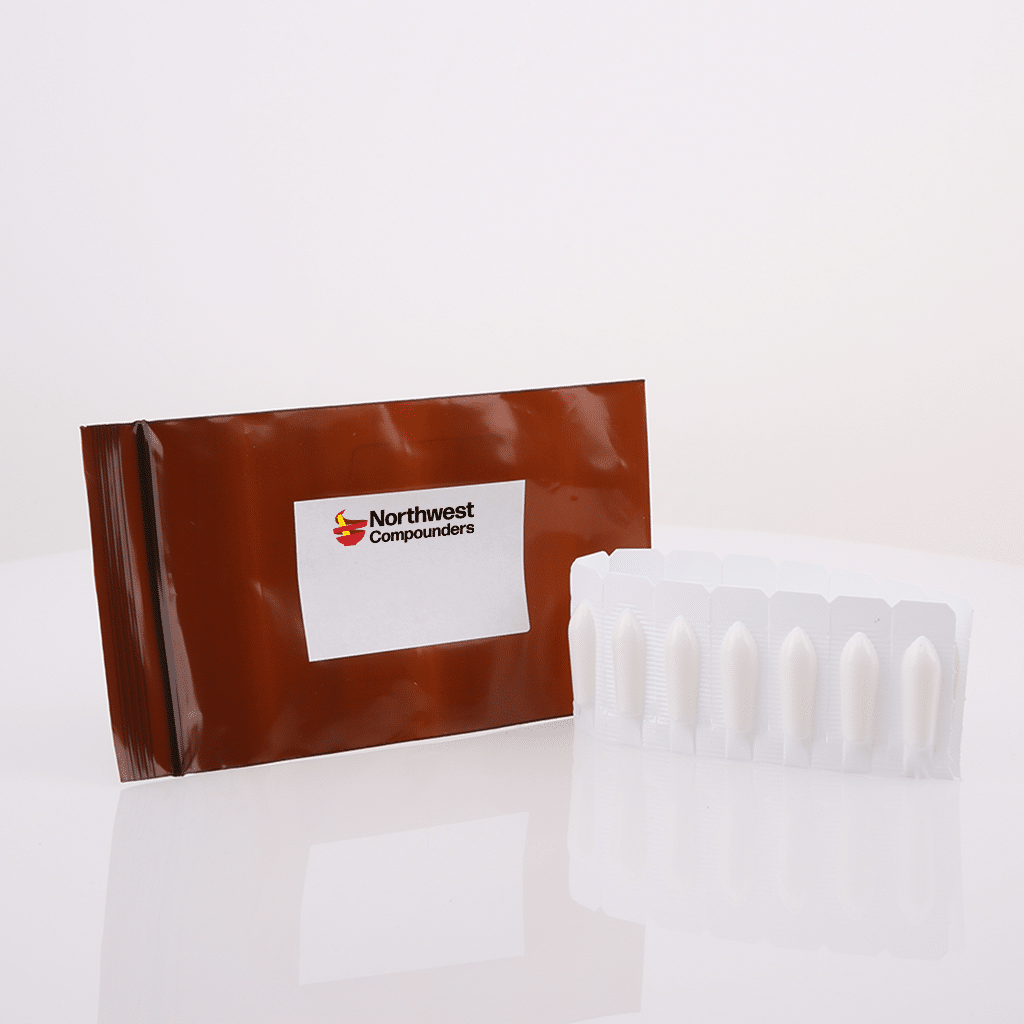
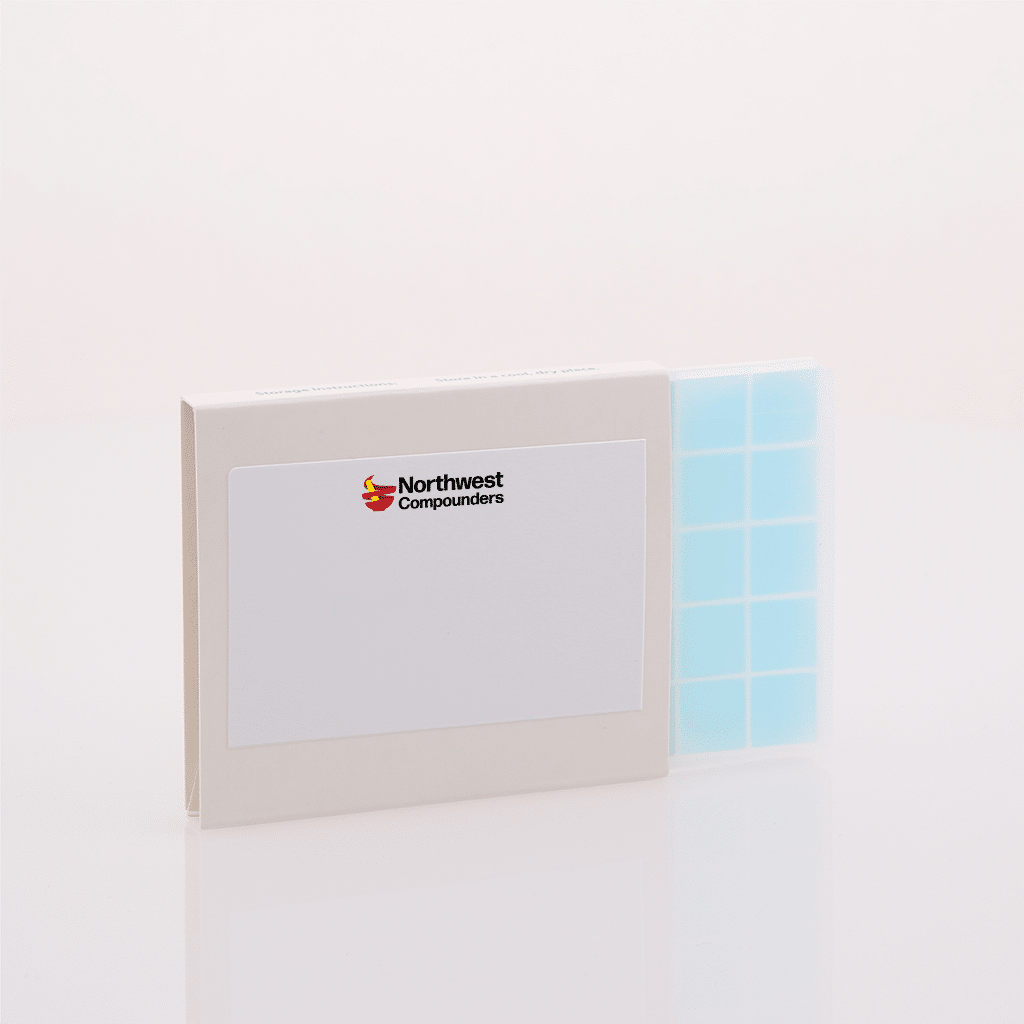
Common dosage forms utilized in compounded BHRT
- Topical Creams
- Vaginal Creams
- Vaginal Suppositories
- Sublingual Troches
Books about hormones and BHRT we recommend
- Stanton Alicea, MD, and Tweed, Vera. Hormone Harmony
- Smith, Pamela W., MD. What You Must Know About Women’s Hormones
- Smith, Pamela W., MD. Maximize Your Male Hormones
What we offer.
Price Matching Policy
We will meet or beat any compounding pharmacy’s price on any compounded medication.*
*In rare circumstances, we may decline to perform a price match, at our discretion, if the competitor’s price is below our cost to fulfill the order.
Shipping
A variety of free and upgradeable shipping options are available for urgent or economical preferences.
Extensive Reach
Currently licensed in and shipping to 35 states.





















